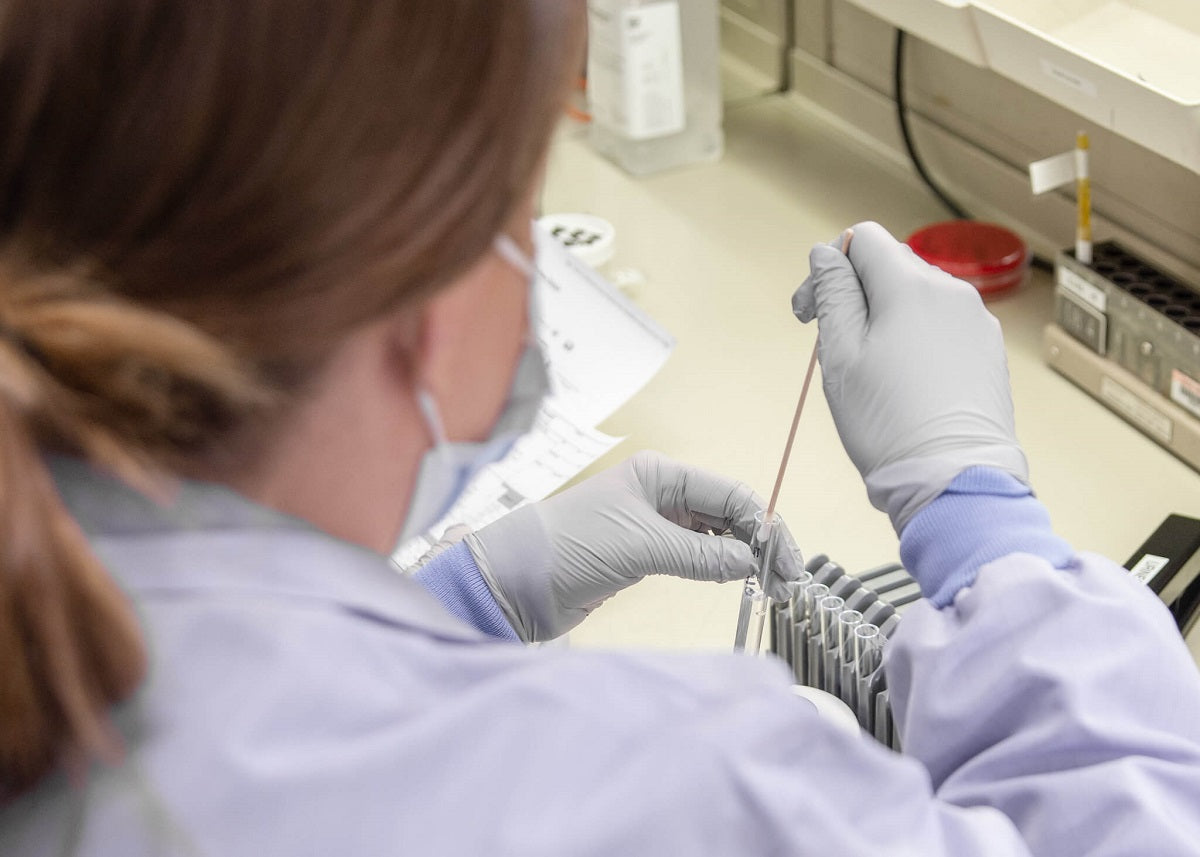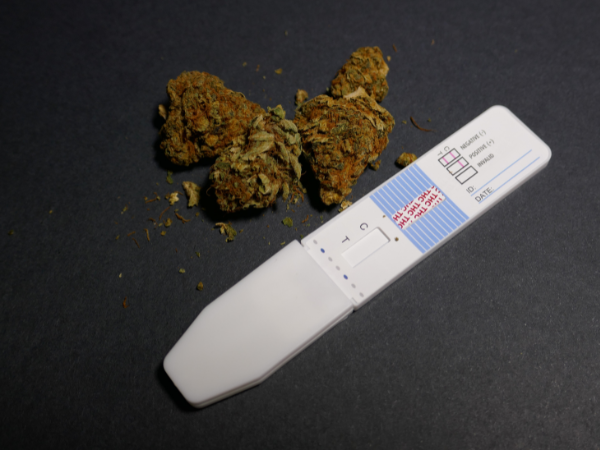What Procedure Should You Follow if an Employee Discloses an Issue?
If an employee approaches a supervisor, manager, or other high ranking official within your company/organisation, then the first thing you should do, is to show compassion and respect by thanking them for their honest straightforward disclosure, and assuring them that your company/organisation will support them to get the necessary professional help that they need [1].
After this disclosure, you should:
- Treat the employee's case in a highly confidential and non-judgemental way
- Offer the support of your staff assistance program and occupational health facilities (if you have them). If you are a small or medium-sized company, and do not have these dedicated resources, then all you have to do, is to simply point the employee towards quality, professionally approved resources. These could be provided by their local community substance misuse provider, or charities such as FRANK, Drinkaware, AA, or NA, (all of which you can easily access from the internet)
- If the employee has already approached specialist agencies for support, then you will have to determine how your company/organisation can help them (e.g., could having some approved time off, be beneficial)
- You should also review any potential health and safety implications. – Could any aspects of the employee's job put them and/or other employees and members of the public at risk?
- Furthermore, you also need to consider: whether any adjustments to their work role need to be made; or whether their condition means that you should prevent them from working. Moreover, you have to consider whether alcohol and drug abuse cases need to treated in the same manner as any other health problems. Should the case be treated in the same manner as a medical suspension? Also, if the member of staff is signed off by their GP, or a professional who specialises in alcohol or drug misuse, how will your company's/organisation's proposition be in-line with your standard absence and sickness procedures?
- You need to draw your employee's attention to relevant elements in your drug and alcohol policy, and inform them both verbally and in writing (both of which should be acknowledged by the employee in writing, that can serve as documentary evidence), that if they are under the influence of alcohol or drugs in the workplace, this may become a serious disciplinary matter. Making the member of staff subject to regular on-site drug and alcohol testing by using premium quality, highly accurate, cutting-edge testing kits; such as those provided to companies, organisations and large corporations, by Drug Testing Kits UK, is a very important part of monitoring the situation, and protecting the company/organisation, other employees, and the general public.
- It is important to make sure that only those who should be aware of the member of staff's drug or/and alcohol abuse situation, and their positive drug or/and alcohol on-site test results, are notified
- As many drug and alcohol issues are related to stress in the workplace, it should be incumbent upon you to review your company/organisation's culture and working practices, thereby making sure that the employee's problem is not linked to stress at work (for example: overtime, or additional responsibilities)
- Many companies and organisations are not aware that: if a new interviewee or member of staff divulges that they used to suffer from a drug or alcohol abuse issue, then there is no legal necessity for them to inform you that they are in recovery. Of note, should a new employee disclose that they are in recovery, then it is wise to arrange a confidential meeting with them in order to discuss the situation. During this meeting, you should also make it clear that they will be subject to random on-site drug and alcohol tests, as a matter of policy, and to protect the company's interests. Moreover, you should also make the individual aware of the relevant content in your drugs and alcohol policy, and inform them about the type of support that your company/organisation offers.
- Further: "you may want to carry out a specific risk assessment depending on their role, and as previously stated, ensure that only those who need to be aware of the employee’s situation are informed. You may also want to find out what support they currently have (such as a key worker). You should also review the working practices and culture in that team to ensure that the role won’t cause unnecessary stress" [1].
- If this information was revealed during the course of a recruitment interview, then the matter should be reviewed from a perspective of health and safety. Should the interviewee adhere to all the stipulations of the available position; and if they would ordinarily be a suitable candidate, then prior to making a job offer, it would be wise to arrange a second confidential meeting. - This should be along similar lines to the aforementioned. In the event that an employee has a relapse while in recovery, then the best course of action is to abide by the same process as you would with other drug and alcohol incidents
- Should a line manager be approached by a member of staff who discloses a drug or/and alcohol problem, then the line manager must make sure that the details of the disclosure are kept confidential. Moreover, the details must not be spoken about with anyone, barring the team in Human Resources. Due to this disclosure, the employee who has come forward, must be informed
that it may be necessary to make other members of staff aware of the situation, for instance, their manager. - Although in many instances, this information only needs to be general, and not detailed.
- It is vital to record details of the conversation, along with the elements of the matter that was discussed
- If any safety-critical issues suddenly arise due to the employee's behaviour of being under the influence of drugs or alcohol, (e.g. whilst operating machinery, or driving), then you must take immediate action, and record exactly what you have done, along with the date and time
- The employee should not try to fix any issues that they have caused, themselves, but rather contact an assistance service. - This important element should be included in company policy related to drug and alcohol abuse
- Of note, it is very important to store the results of your on-site drug and alcohol tests in a safe place. All the tests provided by Drug Testing Kits UK, are very easy to administer, provide rapid, accurate results, and do not require medical personnel to perform them. If you have any queries, or would like any advice as to the most suitable drug and alcohol testing kits for your company/organisation/institution, then please do not hesitate to contact our highly trained, professional, Drug Testing Kits UK Customer Service Team [1].
What Should Be Done if an Employee Is Clearly Under the Influence?
If a member of staff is clearly under the influence of drugs or alcohol in the workplace; or found to be taking illegal drugs or alcohol on the premises/in another job-related location, then: "the incident clearly falls under gross misconduct (e.g. an individual becomes involved in a physical fight), or it may be that it is harder to assess this. For instance, if an employee who is normally quiet and reserved, returned from lunch talking much more volubly, dropping things, appearing uncoordinated, and generally behaving in an uncharacteristic way; it would not be unreasonable to assume that they had been drinking" [1]. However, for this particular scenario to be regarded as gross misconduct, on-site drug and alcohol testing (using high quality, accurate testing kits such as those provided by Drug Testing Kits UK), should be conducted immediately. Moreover, an in-depth investigation involving witnesses, and possibly mobile phone or other video footage, should be made.
Following Your Company's/Organisation's Official Procedure
As the CIPD notes: "Even where an incident clearly falls under your process for dealing with gross misconduct, you must still make sure that you follow your own disciplinary procedure. The employer must have reasonable grounds for believing that the employee was guilty of the conduct in question & have carried out as much investigation as was reasonable in the circumstances. Remember that suspension is a precautionary measure, so the individual will remain on full pay (unless there is a clear contractual right to suspend without pay)" [1]
Ensuring That Your Line & Other Managers Are Fully Trained
"If a line manager reasonably believes that an employee is under the influence of drugs or alcohol, they should consider sending the employee home or suspending them based on what is outlined in your policy" [1]
Incidences due to staff being under the influence of alcohol or/and drugs in the workplace, are potentially very serious. - In fact, in some instances when there are life-changing accidents or fatalities, the company/organisation could face bankruptcy and lose their good reputation. Moreover, those responsible for health and safety in the workplace, could be criminally prosecuted, which could even lead to imprisonment. - To that end, all managers need to be suitably trained. Further, they should be made aware of the different types of common drug and alcohol tests, which are procured from leading nationwide providers such as Drug Testing Kits UK.
Reference
[1]. CIPD (2020). “Managing Drug & Alcohol Misuse at Work: A Guide For Employers.”



 03333 704 704
03333 704 704




